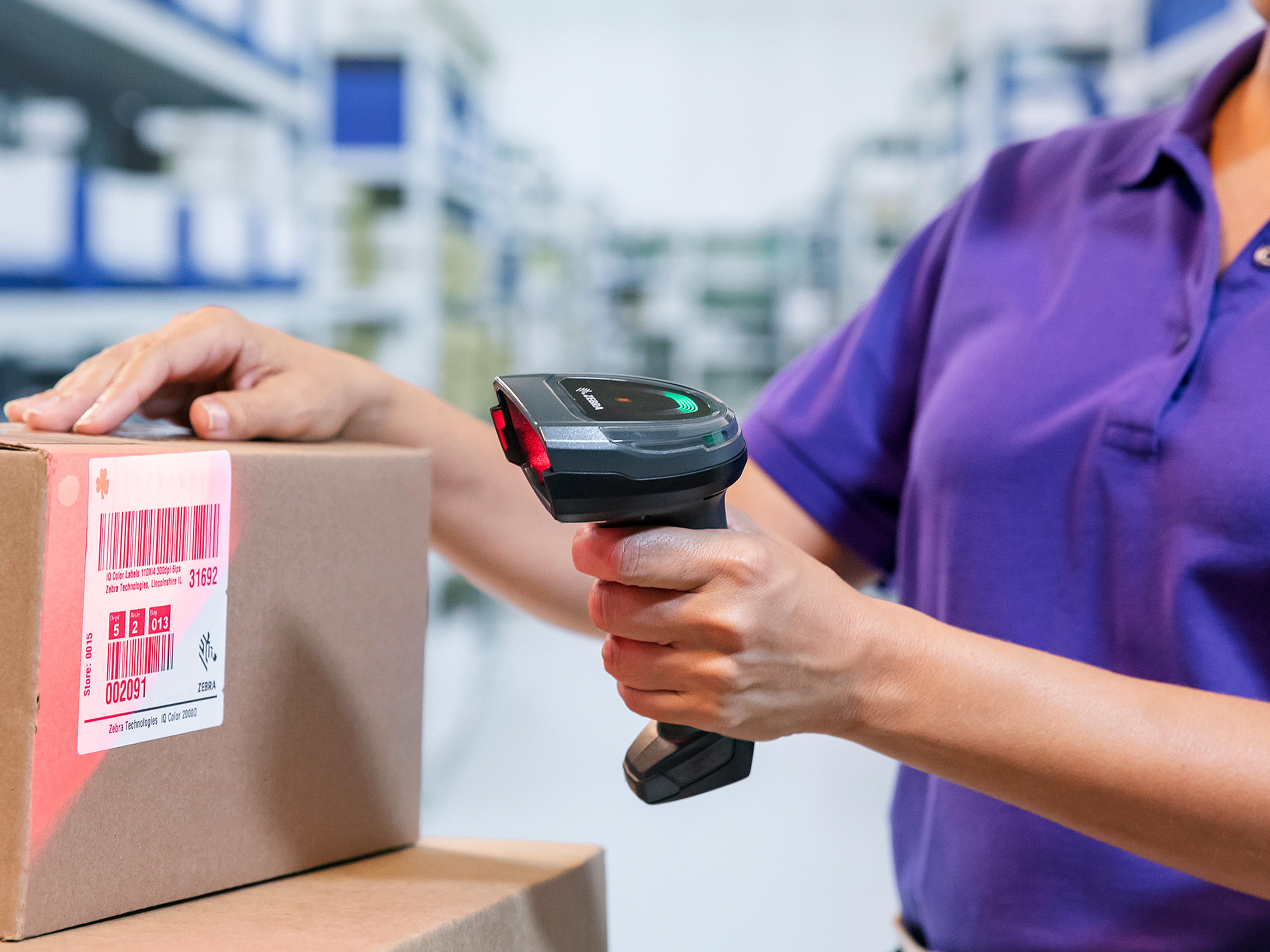Robust Barcodes Scanners Built for Commercial Needs
Robust Barcodes Scanners Built for Commercial Needs
Blog Article
Picking the Right Barcode Scanner for Your Business Demands
Picking the appropriate barcode scanner for your company requires a nuanced understanding of your details operational demands and environmental conditions. Elements such as scanner type, rate, and compatibility with existing systems play a pivotal function in establishing the right selection.
Recognizing Barcode Scanner Kind
When it comes to picking a barcode scanner, comprehending the numerous kinds readily available is critical for meeting particular company requirements. Barcode scanners can be categorized into several types, each made for various applications and settings.
Handheld scanners are the most common, offering portability and ease of usage, making them suitable for retail and inventory monitoring. They commonly link through USB or Bluetooth, giving adaptability in procedure. Fixed-mount scanners, on the various other hand, are developed for high-volume scanning applications, typically located in assembly lines or checkout counters. These scanners are mounted in a stationary setting, allowing for rapid scanning of several things in sequence.
Another type is the mobile computer system, which incorporates scanning capabilities with calculating power. These devices are suitable for field procedures or warehouse management, allowing data collection and real-time stock tracking. Furthermore, there are industrial scanners that are built to stand up to extreme settings, such as extreme temperature levels or direct exposure to dirt and dampness.

Secret Features to Take Into Consideration
What necessary features should companies prioritize when selecting a barcode scanner? Firstly, scanning rate is crucial, as faster scanners boost functional effectiveness, specifically in high-volume atmospheres. The scanner's ability to check out numerous barcode formats is also crucial; guarantee it sustains preferred kinds like QR codes, UPC, and Code 128 to suit diverse supply products.
Sturdiness is an additional vital feature, especially for organizations in sturdy setups. Try to find designs that are constructed to endure declines, dirt, and moisture. In addition, take into consideration the connection alternatives offered; whether you favor USB, Bluetooth, or Wi-Fi, the appropriate connection can enhance assimilation with existing systems.

Evaluating Your Organization Setting
To properly select a barcode scanner, organizations must take stock of their specific operational setting. This assessment includes reviewing the physical format of the office, the nature of the items being scanned, and the regular problems under which scanning takes place. For instance, a retail setting may need handheld scanners that can swiftly refine deals at the checkout, while a warehouse setup could gain from ruggedized scanners created to withstand harsher conditions.
Furthermore, take into consideration the volume of scanning called for. High-throughput environments may necessitate innovative scanning technologies, such as fixed-position scanners or smart phones that can run effectively in busy scenarios. The combination abilities with existing supply administration systems also play an essential role; make sure the picked scanner can seamlessly link with software program systems in usage.
A scanner that fulfills existing needs may not suffice as organization expands. By completely examining these aspects, businesses can select basics a barcode scanner that not just satisfies instant requirements however additionally supports lasting functional performance and adaptability. barcodes scanners.
Budgeting for Your Scanner
Having evaluated the functional environment and identified the details requirements for a barcode scanner, the next action involves mindful budgeting to make certain a wise economic investment. Establishing a budget begins with identifying the overall expenses associated with the scanner, consisting of initial purchase rate, operational expenditures, and potential maintenance charges.
When picking a barcode scanner, consider the series of available options, from portable devices to fixed-position scanners, as costs can vary substantially. It is important to balance expense with performance; choosing a more budget-friendly model may bring about increased operational ineffectiveness if it does not meet your organization requirements.
Along with the hardware, consider costs related to software, training, and potential upgrades. While it may be alluring to decrease upfront expenditure, investing in a high quality scanner that straightens with your operational requirements can yield long-term cost savings with enhanced performance and lowered downtime.
Lastly, think about the overall price of possession, which incorporates the scanner's life-span and potential resale value. By carefully preparing your spending plan, you can ensure that your investment in a barcode scanner will boost your functional productivity and monetary efficiency.
Assimilation With Existing Solution
Incorporating a barcode scanner with your existing systems is vital for optimizing its performance and ensuring smooth operations. barcodes scanners. A well-integrated scanner boosts workflow effectiveness, lowers errors, and increases data processing. When picking a barcode scanner, take into consideration compatibility with your current software application and equipment infrastructure, including your inventory management systems, point-of-sale (POS) systems, and venture resource preparation (ERP) remedies
Examine whether the scanner makes use of common methods such as linked here USB, Bluetooth, or Wi-Fi, which can facilitate very easy assimilation. Additionally, evaluate whether the scanner's software supplies APIs or SDKs that permit modification and integration with proprietary systems. This is specifically essential for services with unique operational requirements.
In addition, take into consideration the scalability of the scanning remedy. As your service grows, your systems must be able to fit extra scanners and handle boosted data quantities without significant reconfiguration. Eventually, purchasing a barcode scanner that perfectly integrates with your existing systems will generate long-term benefits, improving accuracy, effectiveness, and overall efficiency within your operations. Put in the time to thoroughly examine your combination needs prior to buying decision.

Conclusion
To conclude, selecting an appropriate barcode scanner necessitates an extensive assessment of various factors, including scanner types, essential features, and the details organization setting. Correct budgeting for both procurement and functional prices is crucial, together with guaranteeing compatibility with existing systems. By diligently considering these elements, organizations can enhance effectiveness and productivity, ultimately leading these details to boosted functional results. The best barcode scanner acts as an essential tool in streamlining procedures and assisting in effective stock administration.
Report this page